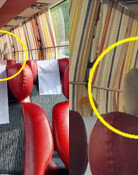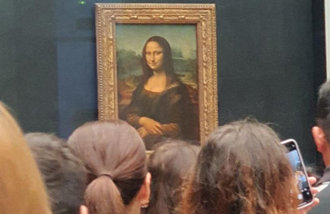Foreign minister is a fashionista?
Foreign minister is a fashionista?
Posted July. 12, 2016 07:50,
Updated July. 12, 2016 07:59
A delegation led by Park Jeong-yang, the first Korean ambassador in the U.S., arrived in Washington in 1887. Dressed in strange hats and clothes, they created a stir wherever they went. When police arrested children who committed diplomatic discourtesy, the delegation urged head of police to let them go saying they are just children. An article titled "Gentlemen from Korea" was posted in a newspaper, and the generosity of diplomatic delegations became a hot topic in Washington's diplomatic circle.
Dress policy is one of the important factors in the protocol of diplomatic visits. If it says white ties in the invitation card, this means people have to wear a dress coat and a white bow tie. Black tie means one has to wear a black tuxedo and a black bow tie. Lounge suit means dark-colored suit, and business casual means that neckties are an option.
Awkward diplomatic disputes occur sometimes due to people's attire. In 1998 when then Chinese President Jiang Zemin visited Japan, he attended a dinner party hosted by Japanese emperor, which resulted in harsh criticism by Japan. Recently, South Korean Foreign Minister Yoon Byung-se created gossip due to clothes. It was revealed that he was at a department store to have clothes mended and to shop at a time Korea and the U.S. was announcing the THAAD deployment. It raised controversy as the foreign minister was shopping at the time when urgent and crucial diplomatic and national defense issue was being announced.
The foreign ministry explained that the minister stepped down at the government building and thus went to a department store for a repair. Opposition parties criticized saying whether he really had time to spare in a busy environment to go by himself to the department store, and that it is unconvincing. The minister said, "I accept that it could be misunderstood." While it would be better for foreign affairs minister to hear that he is a fashionista instead of a poor dresser, discernment is more important than to dress well.
고미석기자 mskoh119@donga.com







